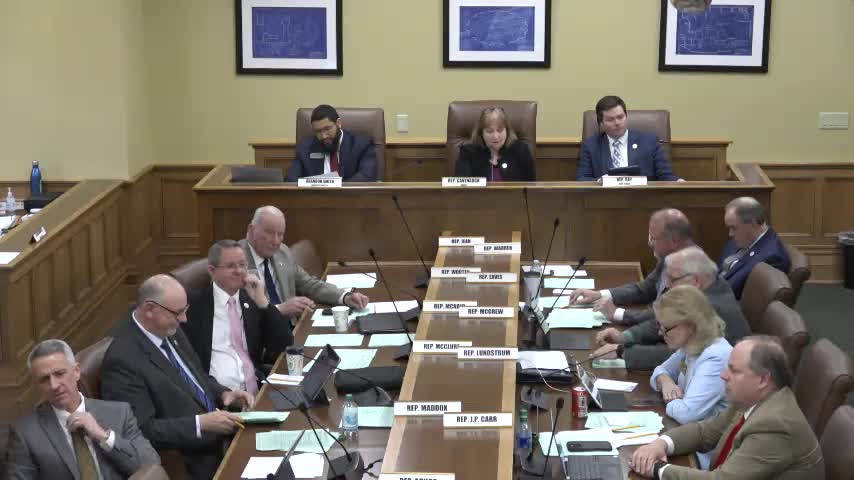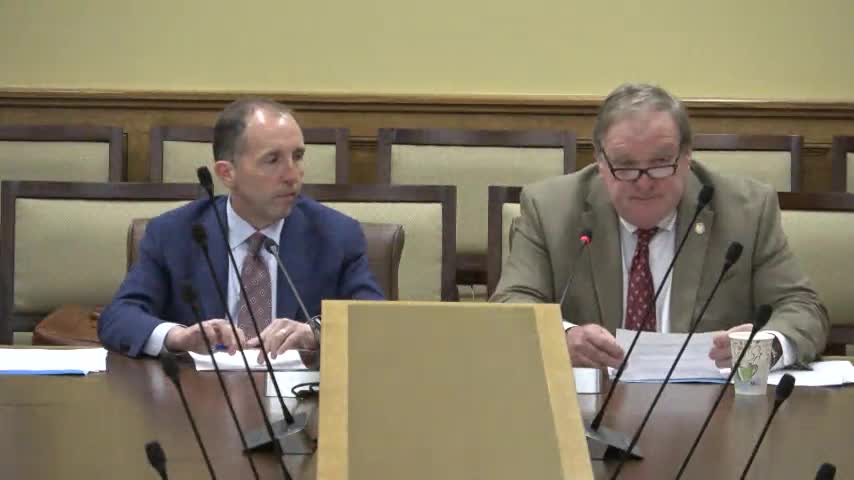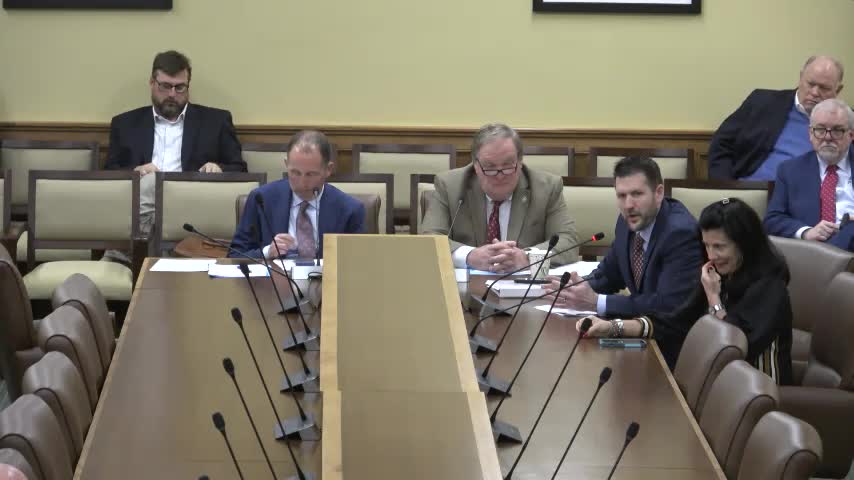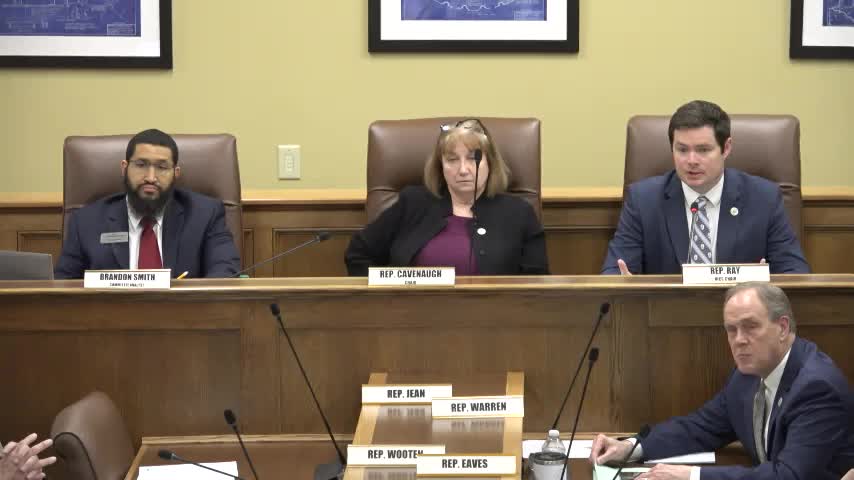Article not found
This article is no longer available. But don't worry—we've gathered other articles that discuss the same topic.

Committee hears bills to expand disability tax credit and to exempt veterans‑support nonprofits from sales/use tax

Committee approves tax-credit framework for proposed sustainable aviation fuel plant in South Arkansas

Committee approves statutory clarification aligning tax practice with current case law and agency policy

